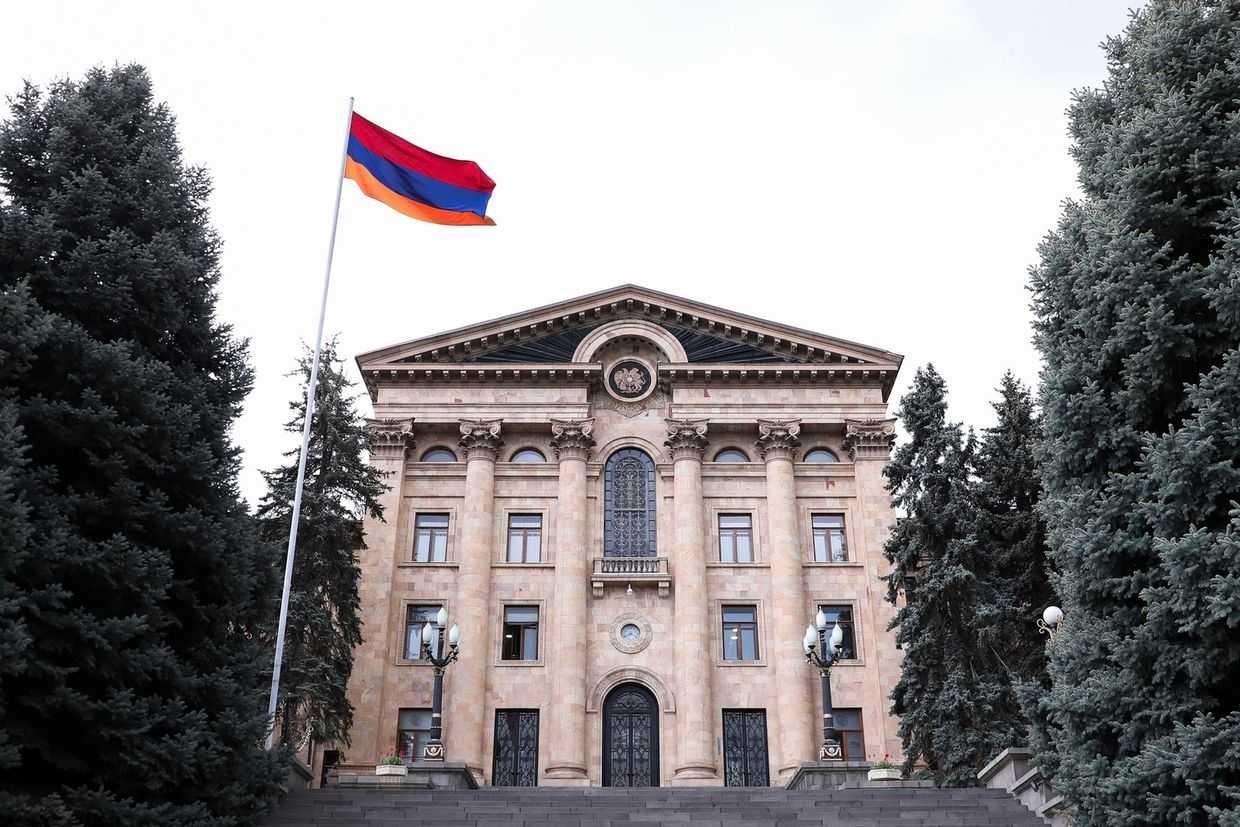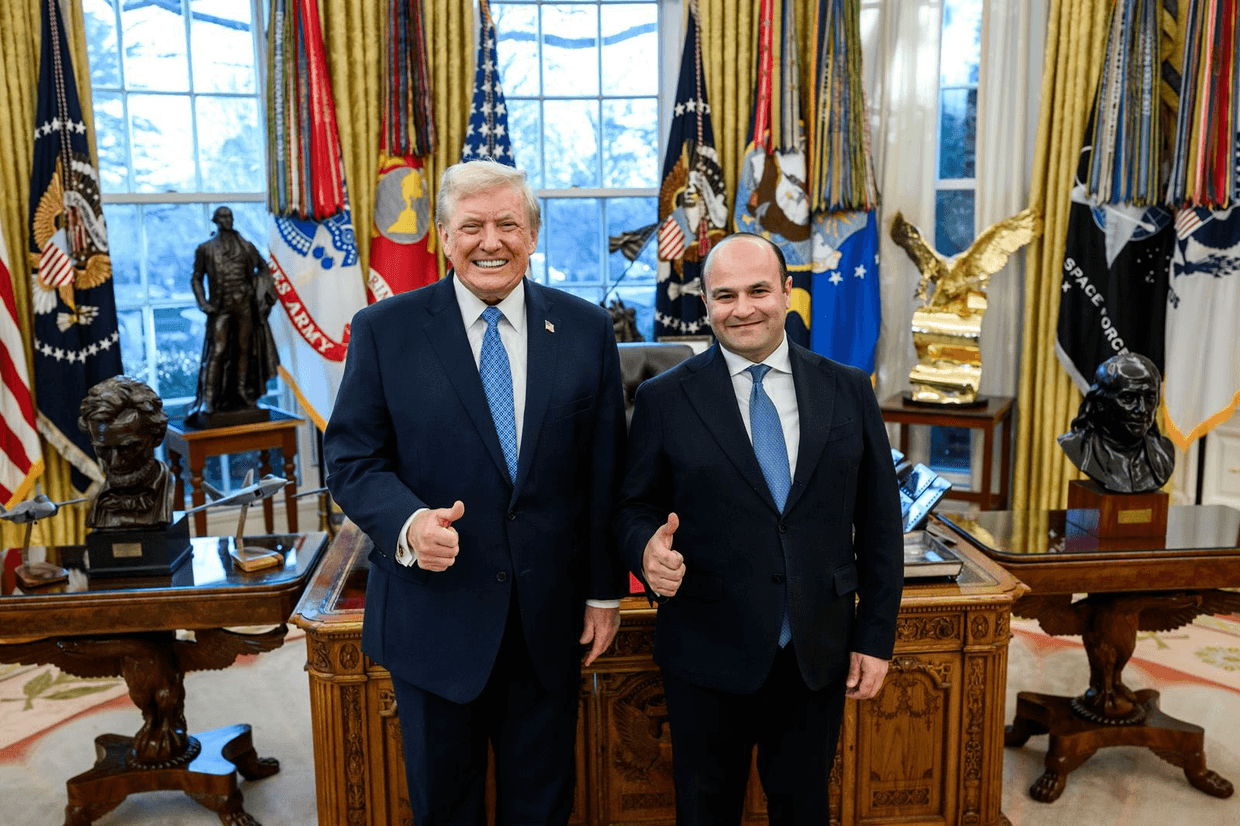
The former state minister of Nagorno-Karabakh, Artak Beglaryan, has spoken out against Azerbaijan at a hearing in the US Congress.
Beglaryan spoke on Tuesday at a hearing entitled ‘Human Rights in Azerbaijan since the COP 29 UN Climate Change Conference’.
Beglaryan, who served as state minister from June 2021 to November 2022, was one of several speakers who urged the US to take a stronger stance against Azerbaijan.
The hearing was convened by Republican Congressperson Chris Smith.
In his opening remarks, Smith said, ‘We need to work for the release of political prisoners and POWs held by the government of Azerbaijan, to protect Armenian cultural heritage, and to uphold the right to return one day to live in peace and freedom in Nagorno-Karabakh’.
Smith also urged the US to enact more sanctions against Azerbaijani officials — including President Ilham Aliyev — both under existing law and connected to proposed future legislation.
In his own testimony, Beglaryan argued that Azerbaijan was hosting international conferences like COP 29 as a means to ‘greenwash’ its human rights abuses, as well as to ‘present [Aliyev] internationally as a respectable leader concerned about global issues’.
Beglaryan presented a seven-point plan that he said the US Congress should undertake to push back against Azerbaijan:
- US recognition of a genocide in Nagorno-Karabakh;
- Targeted sanctions on Azerbaijani officials;
- Support for international investigations of atrocities;
- Suspension of US military aid to Azerbaijan;
- Human rights benchmarks for any US assistance;
- Deployment of international monitors to assess the conditions for the return of ethnic Armenians to Nagorno-Karabakh, and the protection of cultural heritage;
- High-level diplomatic pressure to enforce International Court of Justice rulings and guarantee the right of return under robust international protection.
While there is a significant pro-Armenian lobby in the US — namely the Armenian National Committee of America (ANCA), which issued a press release on the hearing — and many politicians who are overtly pro-Armenian, it is unlikely that President Donald Trump’s administration will undertake the seven-point plan.
In recent weeks, Trump officials have increased their diplomatic outreach to Azerbaijan, which coincides with Baku’s own moves to demonstrate their usefulness as a regional mediator.
At the same time, on the 110th anniversary of the Armenian Genocide in April, the White House issued a statement to commemorate the occasion, but opted not to use the word ‘genocide’, deviating from the position of former President Joe Biden, who was the first US president to formally recognise the 1915 massacres as a genocide.
In regards to the specifics of the seven-point plan, several of the requests were unlikely to be considered by any US administration.
The first point, which referred to the mass exodus of Nagorno-Karabakh Armenians from the region following Azerbaijan’s lightning offensive in 2023, has not been recognised as a genocide even by Armenia.
In terms of the fourth and fifth point, regarding US defence aid to Azerbaijan, it is unclear what Beglaryan was referring to. According to the State Department, US defence aid to Azerbaijan was virtually nonexistent in 2024 and negligible in 2023, consisting of a little more than $500,000 in military training.
For ease of reading, we choose not to use qualifiers such as ‘de facto’, ‘unrecognised’, or ‘partially recognised’ when discussing institutions or political positions within Abkhazia, Nagorno-Karabakh, and South Ossetia. This does not imply a position on their status.











